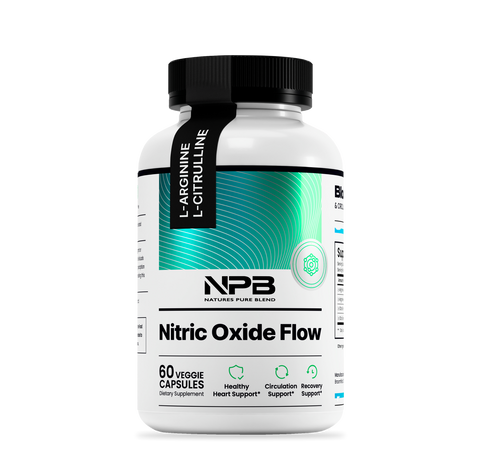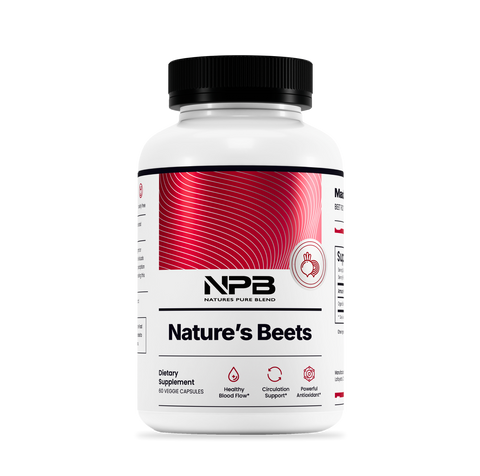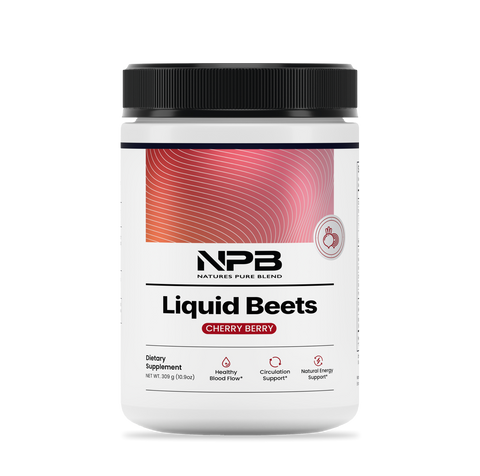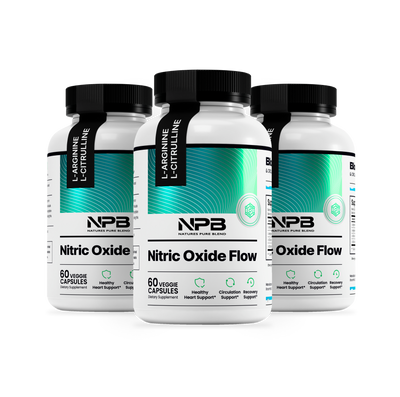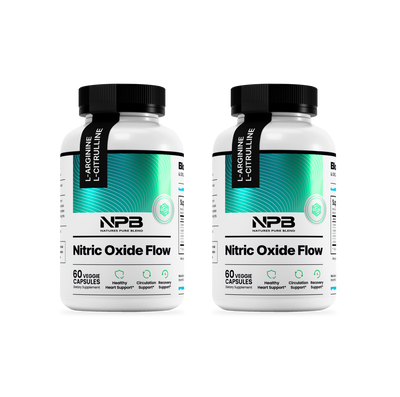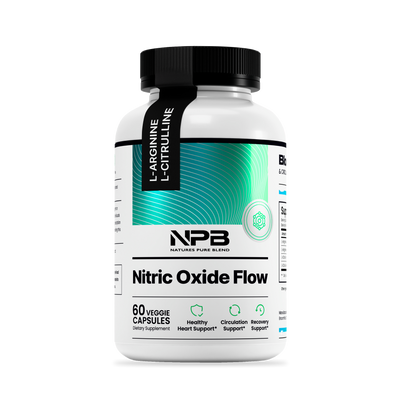Hypertension, commonly known as high blood pressure, is a serious health condition that can lead to heart disease, stroke, and other complications. While many factors contribute to hypertension, including lifestyle choices and genetic predisposition, certain nutrient deficiencies can play a significant role in its development. Understanding which nutrients are essential for maintaining healthy blood pressure levels can help you take proactive steps to manage your health. Here are seven nutrient deficiencies that may contribute to hypertension.
---1. Magnesium
Magnesium is a crucial mineral involved in various bodily functions, including regulating blood pressure. It helps relax blood vessels and plays a role in neurotransmission and muscle function. A deficiency in magnesium can lead to increased vascular resistance and elevated blood pressure. Studies have shown that adequate magnesium intake can help lower blood pressure levels. Foods rich in magnesium include leafy greens, nuts, seeds, whole grains, and legumes. [1]
---
2. Potassium
Potassium is another vital mineral that helps balance sodium levels in the body. A diet low in potassium can lead to increased sodium retention, resulting in elevated blood pressure. Potassium helps relax blood vessel walls, improving blood flow and reducing strain on the heart. Including potassium-rich foods such as bananas, oranges, sweet potatoes, spinach, and avocados in your diet can help maintain healthy blood pressure levels. [2]
---
3. Calcium
Calcium is well-known for its role in bone health, but it also plays a critical role in blood pressure regulation. Adequate calcium intake helps maintain the proper contraction and relaxation of blood vessels. Insufficient calcium levels can lead to increased vascular resistance, contributing to hypertension. Good sources of calcium include dairy products, leafy greens, tofu, and fortified foods. [3]
---
4. Vitamin D
Vitamin D deficiency has been linked to various health issues, including hypertension. This vitamin plays a role in regulating calcium levels and may help reduce inflammation and improve endothelial function, which is essential for maintaining healthy blood vessels. Low vitamin D levels have been associated with an increased risk of hypertension. Sun exposure, fatty fish, fortified dairy products, and supplements can help maintain adequate vitamin D levels. [4]
---
5. Omega-3 Fatty Acids
Omega-3 fatty acids are essential fats that have been shown to have a beneficial effect on heart health, including blood pressure regulation. A deficiency in omega-3s can lead to increased inflammation and blood vessel stiffness, both of which can contribute to hypertension. Incorporating omega-3-rich foods like fatty fish (salmon, mackerel), walnuts, flaxseeds, and chia seeds into your diet can help support cardiovascular health and manage blood pressure. [5]
---
6. Coenzyme Q10 (CoQ10)
Coenzyme Q10 is a powerful antioxidant that plays a critical role in energy production within cells. Some studies suggest that CoQ10 supplementation may help lower blood pressure, especially in individuals with hypertension. A deficiency in CoQ10 can impact energy metabolism and contribute to cardiovascular issues. While the body can produce CoQ10, it is also found in small amounts in foods such as meat, fish, and whole grains. [6]
---
7. Folate
Folate, also known as vitamin B9, is essential for DNA synthesis and repair, as well as red blood cell formation. Some studies indicate that low levels of folate may be linked to an increased risk of hypertension. Folate helps reduce homocysteine levels, an amino acid associated with cardiovascular disease. Including folate-rich foods such as leafy greens, legumes, citrus fruits, and fortified cereals in your diet can help maintain healthy blood pressure levels. [7]
---
Conclusion
Hypertension is a complex condition influenced by various factors, including nutrient deficiencies. Ensuring adequate intake of magnesium, potassium, calcium, vitamin D, omega-3 fatty acids, Coenzyme Q10, and folate can support healthy blood pressure levels and overall cardiovascular health. If you're concerned about your blood pressure or nutrient intake, consider consulting with a healthcare professional or registered dietitian. By making informed dietary choices, you can take proactive steps to manage your blood pressure and improve your overall well-being.
